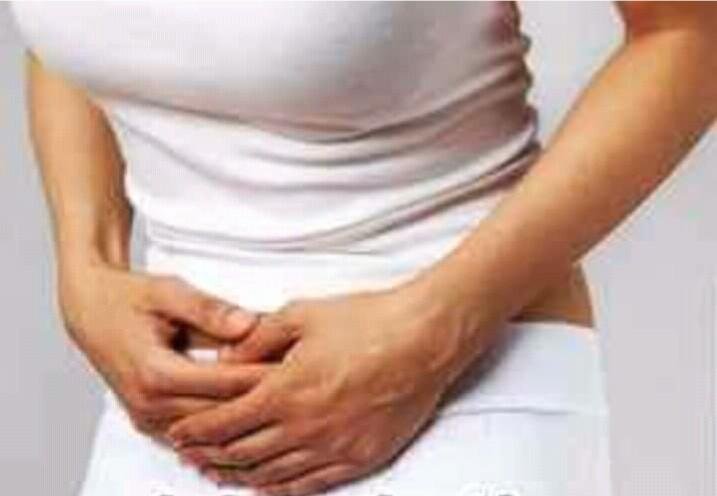URINAPY TPACT INFECTION: HELP! I FEEL
PAIN WHEN I URINATE.(UTI)
Question: Doc, I feel pain every time I urinate. It is very painful. It burns like fire! I noticed I also feel like urinating again not long after I finish urinating. Please help me what is wrong with me? What can I do? [Paraphrased]

Answer.
Sorry for what you are going through. Painful
urination is one of the most common (if not
the most Common) complaint people give to
doctors worldwide! You are not alone! Sorry!
Painful urination has many causes. It is,
however, most commonly caused by
infection of the urinary tract -the path in
which urine is transported from the kidney to
outside the body. That is called urinary tract
infection. It is usually a bacterial infection;
even though, sometimes, rarely, viruses and
fungi cause it. And it is more common in
females (because their urethra is shorter
and more "exposed")
What are other causes of painful urination?1)Irritation - especially of the urethra
(called urethritis) from sexual intercourse,
bicycling, horse-riding, douching, scented
soaps, scented toilet papers, condoms,
kidney stones, cancers, and so on.
- Infection - sexually transmitted infection
(like gonorrhea and chlamydia infections),
Yeast infection (with vaginal pain, discharge
and odor), prostate infection, and so on.
It will require asking you other questions and
doing some tests for us to know the
particular disease condition that you have.
But, | will assume, for now, that you have
urinary tract infection. Because, it is most
likely - from the symptoms you told me.
Let's talk about it!
Causes and risk factors: what are the
causes of Urinary Tract Infection?
You may already know them! Now, let's list
the common causes (and risk factors),
quickly:
A) Sex: Somehow, bacteria from the colon
(and anus) find their way to the urethra
during sexual intercourse and cause this
infection! This doesn't make it a sexually-
transmitted infection! Please, note that!
B) Poor toilet hygiene: People that wipe
themselves from back to front after
defecating are more likely to have urinary
tract infection. They simply transfer the
bacteria from the anus to the urethra and
vagina.
C) Female gender: Because the urethra of
ladies is shorter than men's, ladies are more
likely to have urinary tract infection.
D) Condoms: While condoms reduce the
spread of sexually transmitted infection,
they could increase the risk of urinary tract
infection due to increased friction during
sexual intercourse!
There are several other causes. I won't
bother you! Let's stop here!
Signs and symptoms: How do | know | have
Urinary Tract Infection?
You mustn't have all the symptoms. Infact,
most times, you only have few - maybe,
only one!
Apart from pain - burning pain - during
urination (and, sometimes, burning feeling in
the urethra even when not urinating)
*Lower abdominal pain or supra-pubic pain
*Fever and chills
*Frequent urination or urge to urine (or both)
- with little amount of urine passed,
*Blood or pus in urine
*Coke-colored or tea-colored or cloudy urine
Urine with strong odor
*Flank pain (pain on both sides of waist and
upper back)
*Nausea and/or vomiting
*Pelvic pain (in ladies) and rectal pain (in men)
Treatment: How is urinary tract infection
treated?
It is advisable not to treat this at home and
on your own! Please contact your doctor -
who will ask you some questions, examine
you physically, do urine tests (and possibly,
other tests) before treating you.
Urinary tract infection should be treated
properly and as soon as possible because it
could lead to terrible consequences! It could
affect the kidneys. It could cause
miscarriages in pregnant women. And so on.
Generally, urinary tract infection is treated
with antibiotics (to kill the organism causing
it) and analgesics (to help relieve the pain)
Drugs commonly recommended for simple
UTIs include:
A) Trimethoprim/sulfamethoxazole
(Bactrim, Septra, others)
B) Fosfomycin (Monurol)
C) Nitrofurantoin (Macr).